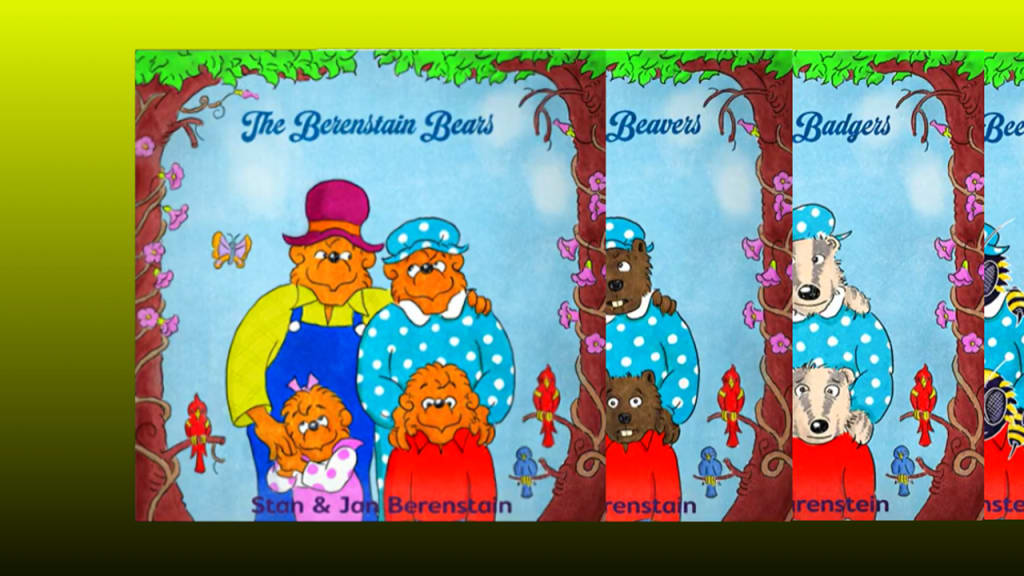
By now, people who grew up in the early 90s and late 80s have probably heard of the Berenstain Bears controversy. To surmise—there's been debate over the correct spelling of Berenstain, with many disagreeing about how. Some believe it's how most materials depict it, while others are adamant that Berenstein is the correct spelling. The argument itself has gone past denying one side or the other to the point that people believe reality is glitching. A minority of interested parties subscribe to the Mandela Effect theory, wherein they concede facts, places, or events transpired differently than history dictates. Reddits, forums, and YouTube breakdowns dedicated to every instance that points to a quote-unquote glitch in the Matrix rack up insane views. We're obviously not living in a simulation—or at least not one that's verifiable—although some Mandela Effects are rather convincing. The Berenstain Bears are a perfect example.
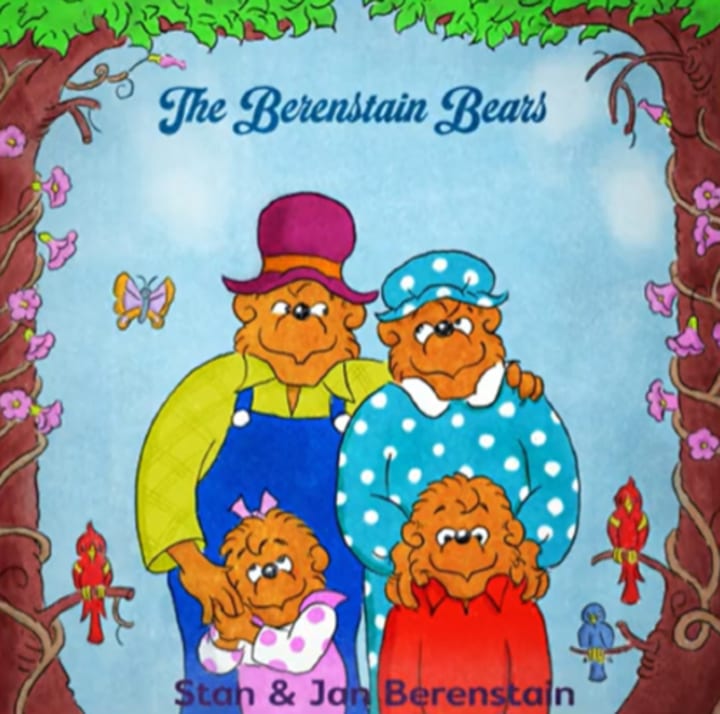
Regardless of which side is correct, compelling evidence about the Berenstains might make even the most reasonable person a believer. Yes, despite being named after its authors, Jan and Stan Berenstain, certain people still dispute the facts. And it's not all that surprising when the evidence points to an alternative theory.
For one, physical materials with the spelling of Berenstein Bears have been apparently documented. There's a possibility those books were simply misprints that got delivered anyway. But the publishers for the Berenstains probably would've caught on to such a detrimental mistake and subsequently removed them from circulation. Of course, it's not like the Berenstains were performing a quality check on every book, meaning the explanation of a machine press malfunctioning is believable.
The second piece of evidence that's slightly harder to argue with is how viewers remember the PBS broadcasts of Berenstain Bears. Some have reported watching the ole' Berenstein Bears from early childhood, which shouldn't be so, except there's proof to those claims. VHS recordings of the Berenstain Bears episodes—with labels and all—confirm that manufacturers made tapes. Oddly enough, interested patrons have taken the time to scour garage sales, swap meets, and their own basements to find them, and one such person managed to uncover two copies with different spellings.

The unnamed publisher took a side-by-side of the VHS tapes depicting two different spellings, except they had identical labels and easily identifiable markings from aged wear and tear. Mind you, the situation might be nothing more than another misprint. It is logical for them to happen across multiple mediums, after all.

Still, speculation over the correct spelling remains ongoing, so much so that comedians are poking fun at the decades-old mystery. John Oliver, the host of Last Week Tonight, recently did a segment on Public Libraries wherein he also jabbed at the Berenstain Bear controversy. Oliver didn't devote his entire segment to the Mandela Effect as he's done in the past, but instead quickly referenced Berenstain's spelling and then produced his gag version of the Bears called The Berenstain Beavers. Oliver sets up several variations throughout the episode, raising eyebrows around which one is real. And granted, while The Berenstain Bears is the most evidenced-based, it's not all that difficult to see why people would believe the others are just as real.
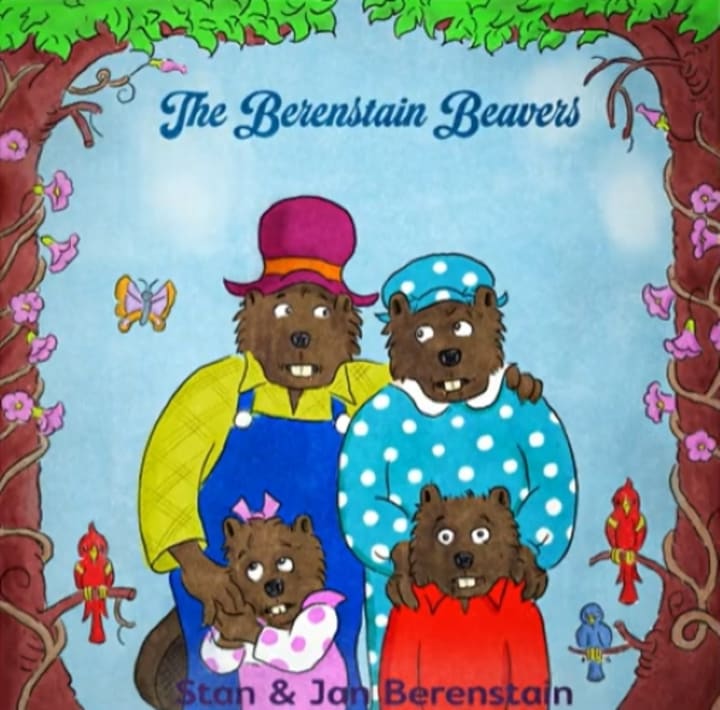
Without prior knowledge, would you take a second glance at The Berensteam Cheetahs, or would the title seem unassuming, real even? How about The Berenstain Badgers? Both sound like typical children's books about families, albeit animal-based, so there's no reason to question their credibility. We know fact from fiction, but the easiest thing to do is fall into the trap of second-guessing ourselves. Then, paired with society telling us that our disbelief is correct, it's impossible not to question reality.

Whether you believe in the Mandela Effect or not, it wouldn't be surprising to find that the Berenstain Bears are actually the Berensteen Bees in a parallel universe. Parallel worlds reside in science fiction, but if the Mandela Effect is accurate, we're in a doppelganger universe ourselves.
Assuming reality has glitched—changing in the process—our universe is a slightly different copy of itself. Whatever change, no matter how small, implies our timeline progressed down a branched history. On the surface, a potential glitch like the Berenstains becoming bees instead of bears seems innocuous, except it could alter the book line's trajectory. Seeing as how children have a more present fear of bees over bears since bear attacks are less common, they're less likely to be interested. Bees aren't as cute as bears, either. The thing that changes history, though, is how the book's profitability affected the lives of those involved. Be they employed in publishing or advertising the material, the books touched people's lives. The children reading them, too, may become influenced by the book's themes. So, in a universe where that doesn't happen, the future is bound to change just as much.

Regardless of what camp you stand in, the Berenstain Bear mystery remains a topic of speculation. Hopefully, an answer does come to the forefront in the future because while the most logical explanation is believable enough, who's to say Jan and Stan Berenstain weren't actually named the Berensteins? A rewrite on reality would be all-encompassing, after all.
Last Week Tonight with John Oliver airs weekly on HBO and the HBO Max app.
About the Creator
Allie Z.
I cover most entertainment related topics and am venturing into journalism.
Reader insights
Outstanding
Excellent work. Looking forward to reading more!
Top insight
Easy to read and follow
Well-structured & engaging content


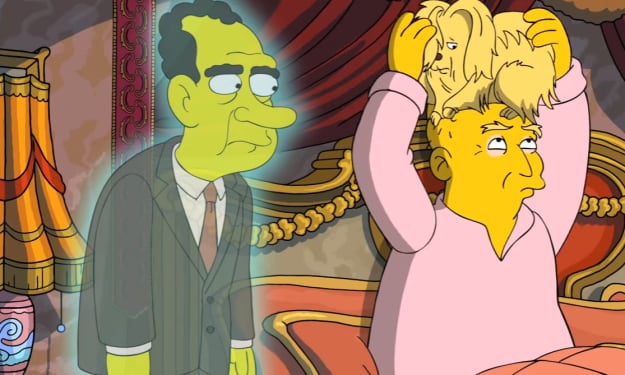

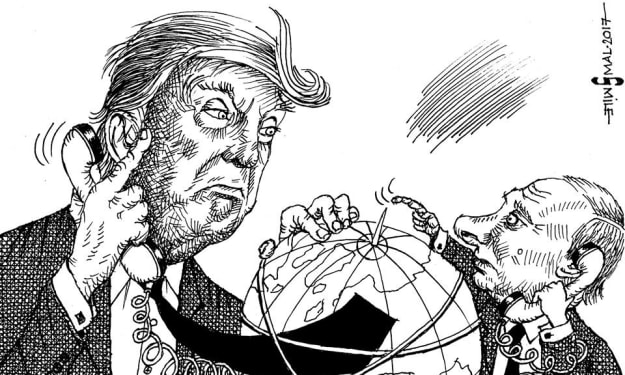
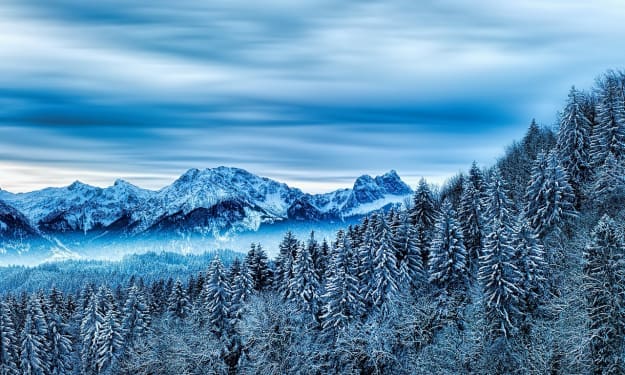
Comments (2)
The name 'Berenstain' probably has no real way to spell it, name sounds Germanic and is probably old, older than the English dictionary (Noah Webster). Names were spelt however the way the user wanted it to be. Shakespeare spelt his own name six different ways. I suspect Berenstain or Berenstein are both accurate, but has no confirmed spelling. A really rare thing to see in our modern age of information, and probably not a glitch in the matrix. Nice article, well done 😁.
Happy to be the first commenter.